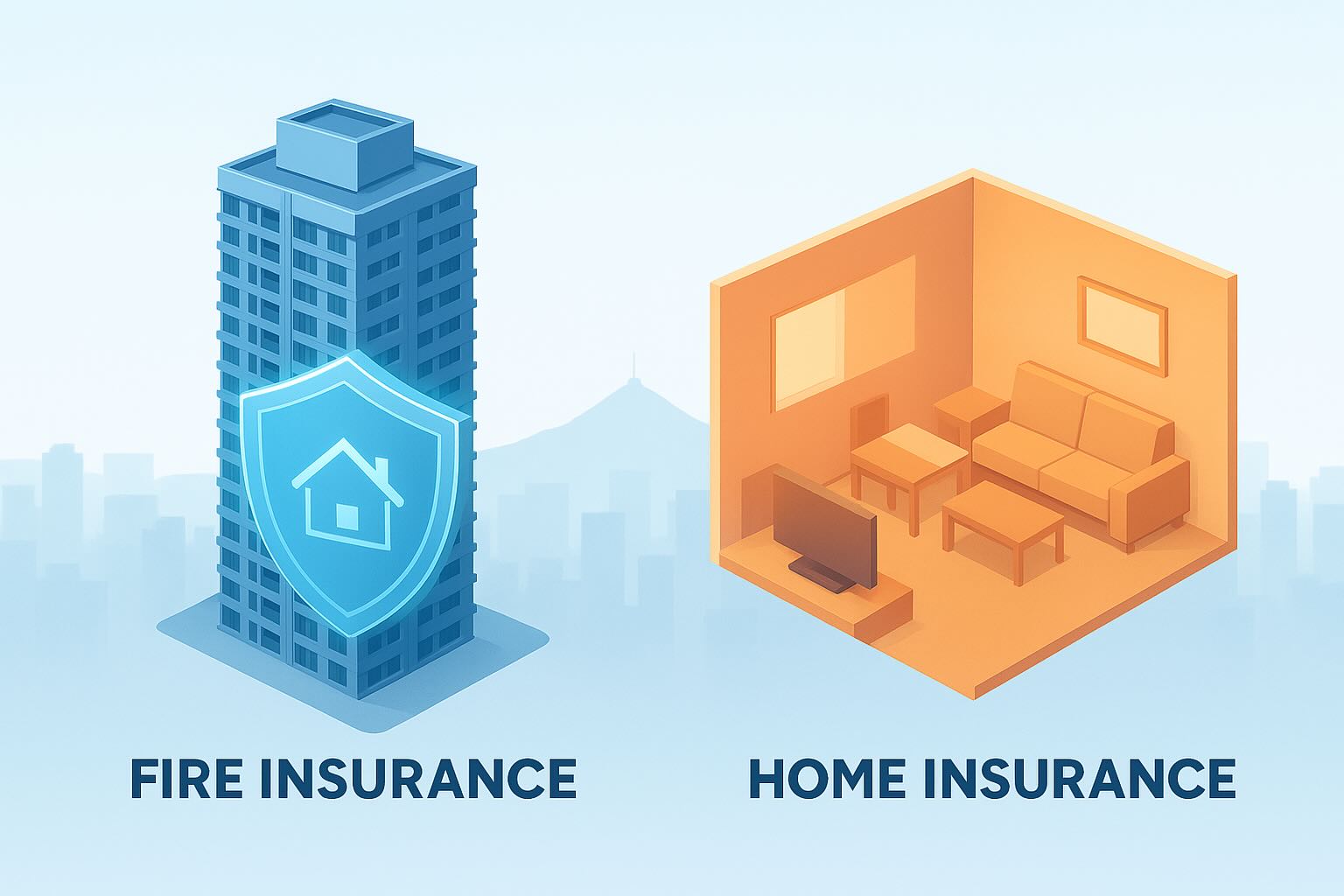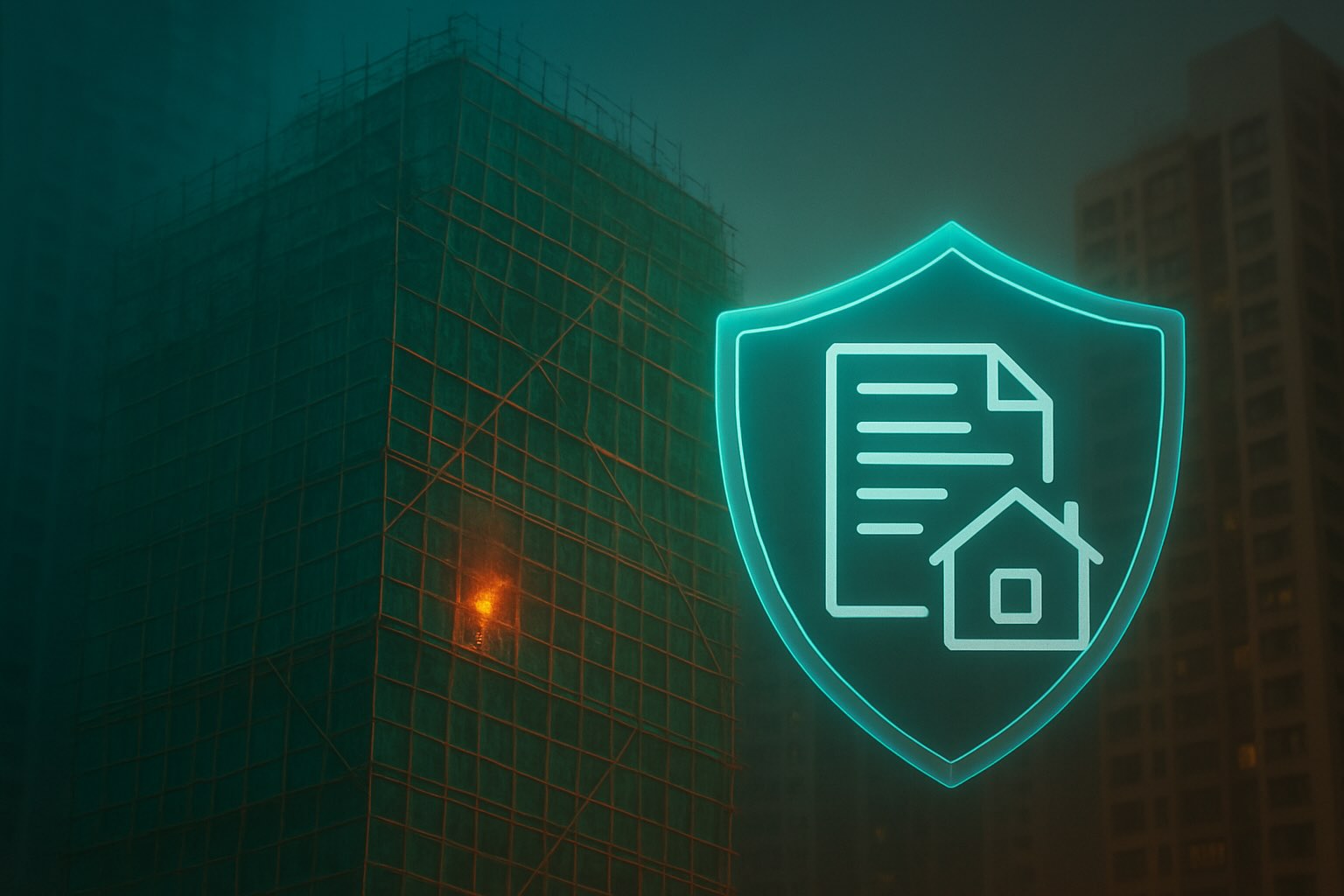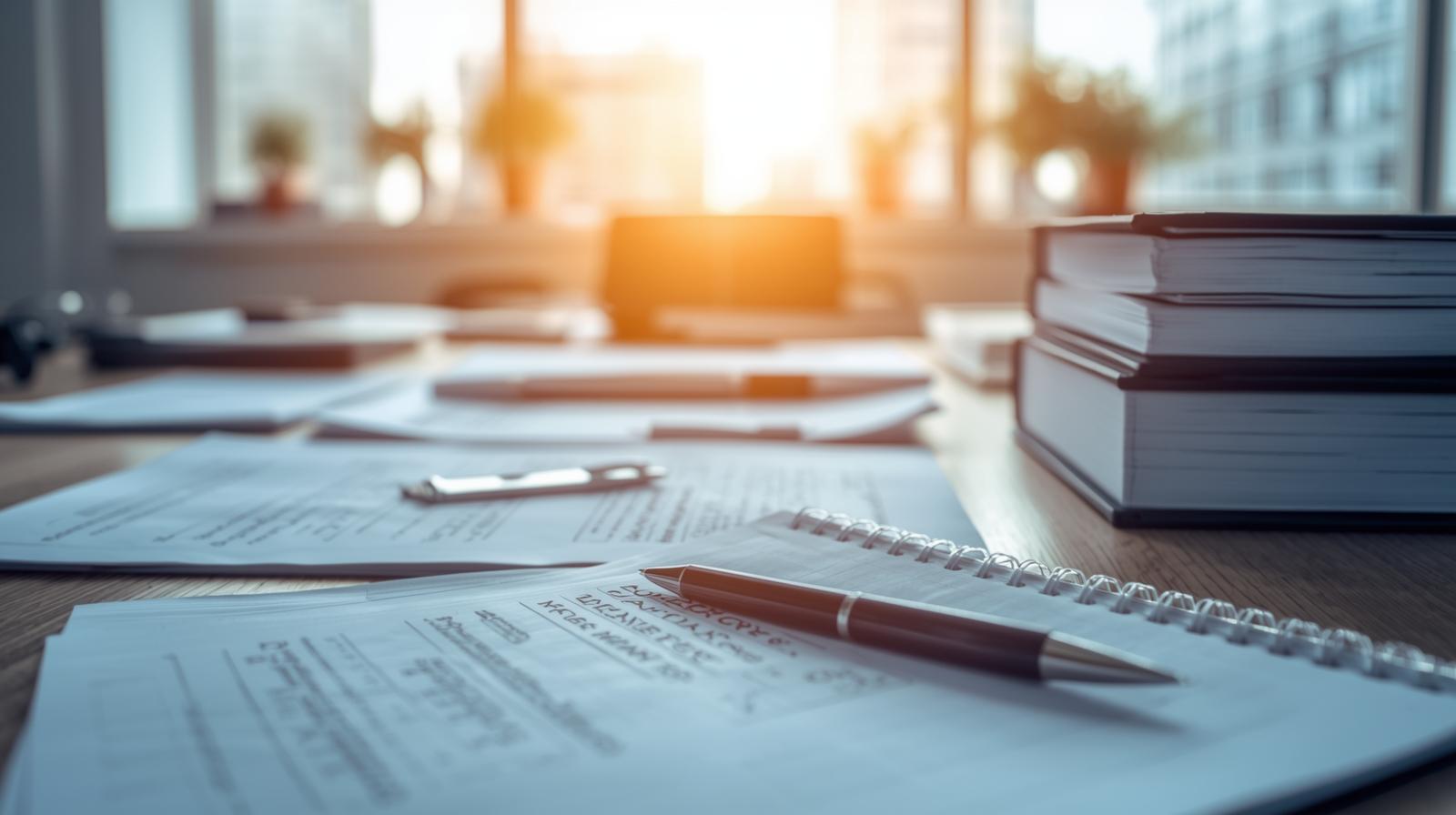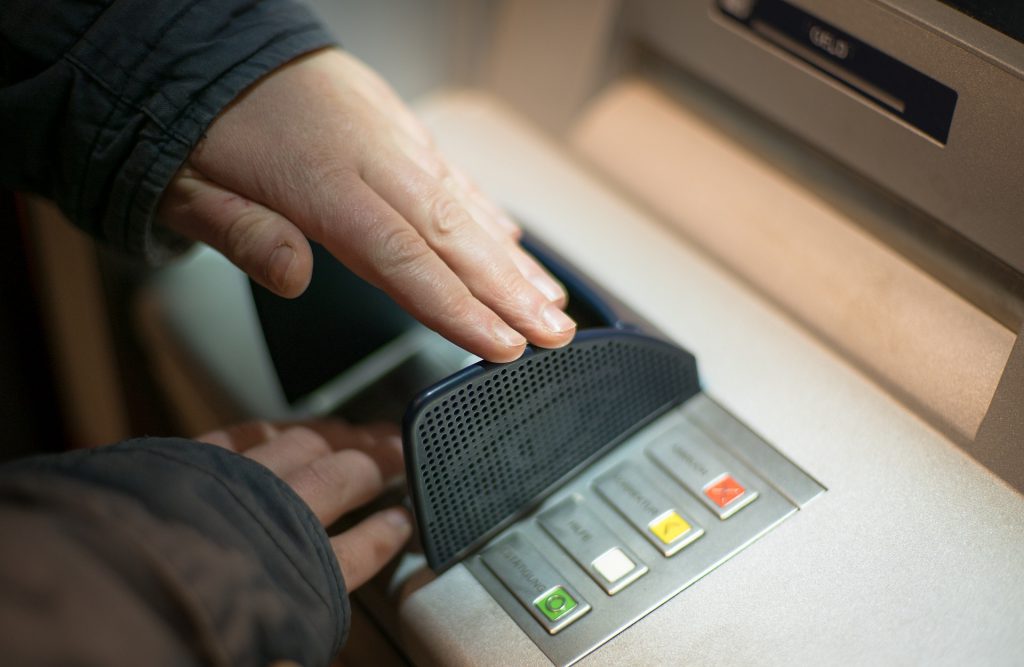Recovering unpaid invoices in Hong Kong requires a structured approach under laws, such as the Limitation Ordinance (Cap. 347). Below is a concise FAQ guide outline the steps to recover overdue payments effectively.
What’s the first step for unpaid invoices in Hong Kong?
The first step in every debt collection process in Hong Kong is the amicable phase. Also known as the pre-legal debt collection. To do this you must:
- Verify the debt: Confirm the invoice is overdue per contract terms.
- Send a demand letter: Include specific invoice details (amount, due date), a clear payment deadline (e.g., 7-14 days), and a warning of potential legal action if unpaid.
- Negotiate: Discuss payment plans, like instalments, to resolve the issue amicably.
- Check debtor’s finances: Ensure they have assets, as bankruptcy may hinder recovery. Public records or credit checks can provide insight.
What is amicable debt recovery?
Amicable recovery is a cost-effective way for businesses to maintain relationships. This pre-legal phase involves:
- Sending formal reminder letters or summons to urge payment.
- Collecting documents like invoices, contracts, or proof of delivery.
- Engaging a debt collection agency, which can often resolve issues within 2-3 months.
When and how should I pursue legal action for unpaid invoices?
If amicable efforts fail, legal action is the next step. Proceed when:
- The debtor ignores demand letters or refuses payment after negotiations.
- Alternative dispute resolution, like mediation or arbitration, is unsuccessful.
- The claim is within the 6-year limitation period for breach of contract (Limitation Ordinance, s.4(1)(a)).
Process:
- Small Claims Tribunal - for debts up to HK$75,000, where no lawyers are needed, making it cost effective. Submit invoices, contracts, and proof of delivery.
- District & High Court - For debts between HK$75,000 and HK$3 million, issue a Writ of Summons in the District Court. For amounts over HK$3 million, use the High Court.
- Serve the Writ to the debtor who may settle or file a defense, potentially leading to a hearing. Legal representation is recommended for court cases.
Court proceedings may take 6+ months, depending on whether the debtor contests the claim. For more details, read CLIC’s Guide on Bringing or Defending a Civil Case.
What enforcement options are available if the debtor doesn’t pay after a judgment?
If a court grants a judgment but the debtor still does not pay, you must actively pursue enforcement:
- Prohibition order: Prevents the debtor from leaving Hong Kong until the judgment is satisfied.
- Mareva injunction: Freezes assets to prevent dissipation before enforcement steps are taken.
- Charging order: Secure the debt against the debtor’s property, such as real estate.
- Bailiff action: Seize goods or repossess property to satisfy the debt.
- Winding-up petition: For corporate debtors with undisputed debts, initiate liquidation to recover funds from asset sales.
For more information, read CLIC’s guides on How to Enforce a Court Judgement After Winning the Case, What can the plaintiff do if the defendant is likely to dispose of his assets improperly before the case proceeds to trial?, and Things you need to note before presenting a winding-up petition.
Risks to consider:
- Insolvency: If the debtor is bankrupt, recovery may be limited or impossible.
- Costs: Legal fees may not be fully recoverable, especially for smaller debts.
- Time: Enforcement can extend the process by months.
Recommended Action Plan:
- Immediate (1-7 days): Confirm the debt, send a demand letter, and gather documents (invoices, contracts, correspondence).
- Medium-Term (weeks to months): If amicable efforts fail, file a claim in the appropriate court. Post-judgment, pursue enforcement based on the debtor’s assets.
- Engage experts: Use a professional service for amicable or legal recovery, including international debts under the Foreign Judgments Ordinance.
Disclaimer - This is informational and not legal advice. If you need professional help, we can match you with qualified Hong Kong lawyers. You can request a lawyer referral at https://ask.legal/contact-us









